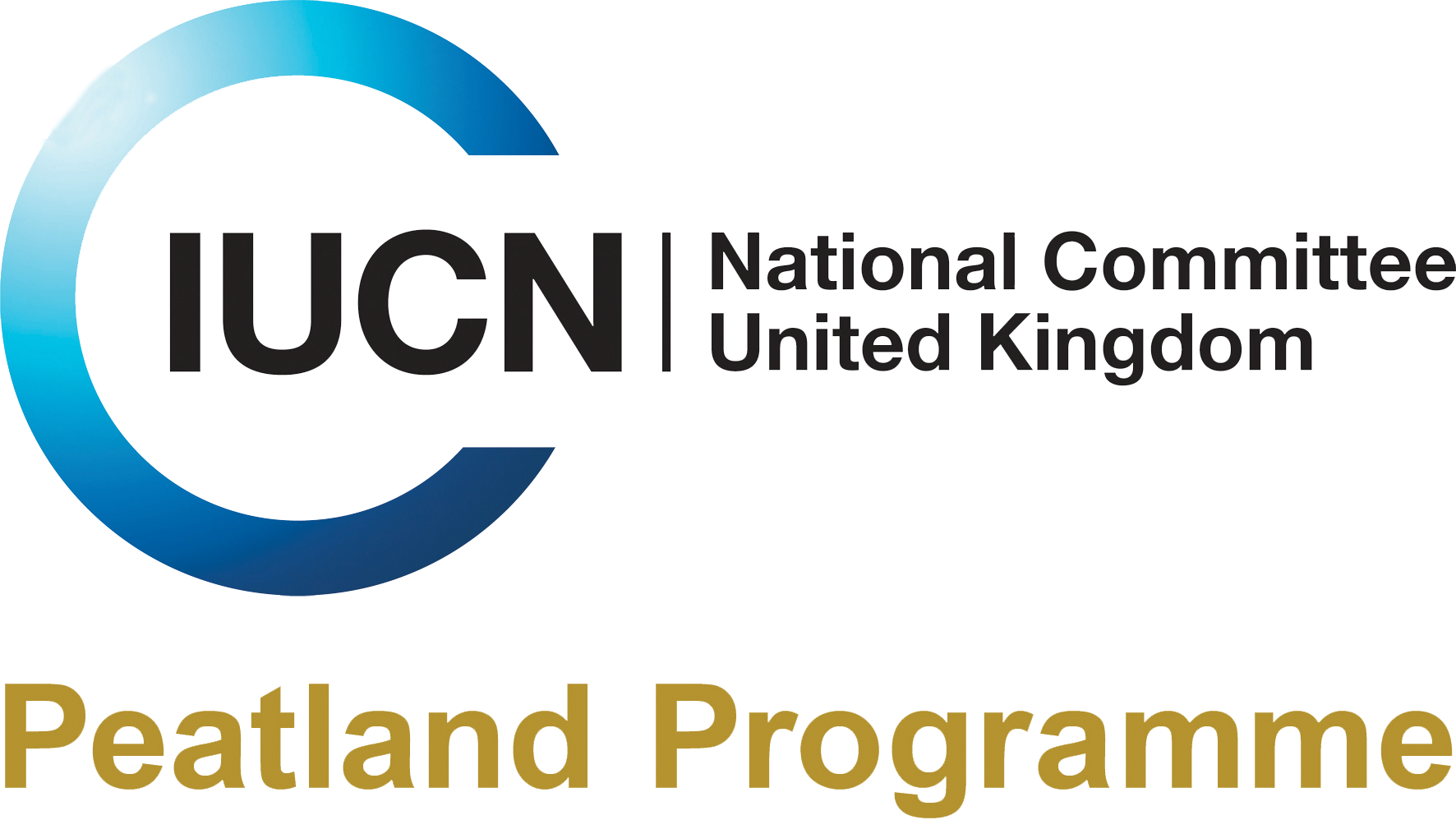The IUCN UK Peatland Programme welcomed the opportunity to feed into the development of the CCC’s latest report on land use. We are pleased to see a strengthened policy and legislative recommendations for increasing the area of UK peatland under restoration and a move to more sustainable management practices.
The CCC recommends that “Restoring at least 50% of upland peat and 25% of lowland peat would reduce peatland emissions by 5 MtCO2e by 2050, while allowing food production to continue on the most productive land.” Their modelled scenario also assumes that “25% of the area with low productivity trees [on peatland] is removed by 2050”.
The Committee acknowledge that the scale of peatland restoration recommended by 2050 is a minimum level required to support Net Zero.
Inaction carries a “high risk that degraded peatlands will be lost due to hotter and drier conditions in the changing climate unless they are restored”.
The IUCN UK Peatland Programme, as set out in the UK Peatland Strategy, is calling for a more ambitious target of “2 million ha [c.80%] of peatland in good condition, under restoration or being sustainably managed by 2040”: this is closer to the Committee’s speculative scenario of 75% of upland peatlands restored, 25% of lowland peatlands restored, 25% of low-productive forestry restored to bog and a further 25% of lowland peatland with improved seasonal water table management.
Key elements of the CCC’s proposed approach for peatlands include:
Strengthening the regulatory baseline to ensure low-regret measures are taken up:
- Banning damaging practices such as rotational burning on peatland (by 2020), peat extraction and the sale of peat and peat imports (by 2023);
- Regulating that peat soils are not left bare;
- Mandating all peatland within a Site of Special Scientific Interest to be under restoration and mandate water companies to restore peatland under their ownership and
- Regulating internal drainage boards to maintain optimal water table levels.
Enabling measures to address financial and non-financial barriers:
- Public money to fund the carbon and non-carbon benefits of restoration, alongside sustainable management practices on peat that remains in agricultural production. In the longer term, once emissions reductions can be verified effectively, this could move to a trading or auctioning system, as proposed for afforestation;
- Research to improve verification and, in the longer-term, use of market mechanisms to pay for carbon benefits and attract private investment;
- Improve incentives for land-owners to invest in restoration. There is a place for local and trusted intermediaries to play a role in approaching and encouraging landowners to engage in peatland restoration. Training staff and building up the supply-chain of expertise to support restoration requires extra funding on top of the capital costs of restoration and
- Raise awareness and provide training to support adoption of sustainable management practices on peatland.

